Biochar Studies
Discover the Science Behind Biochar
Explore a growing body of scientific research that proves how biochar enhances soil health, boosts crop yields, and supports sustainable agriculture.
Backed by thousands of peer-reviewed studies, biochar is more than a trend but it's a powerful, proven tool for better growing.
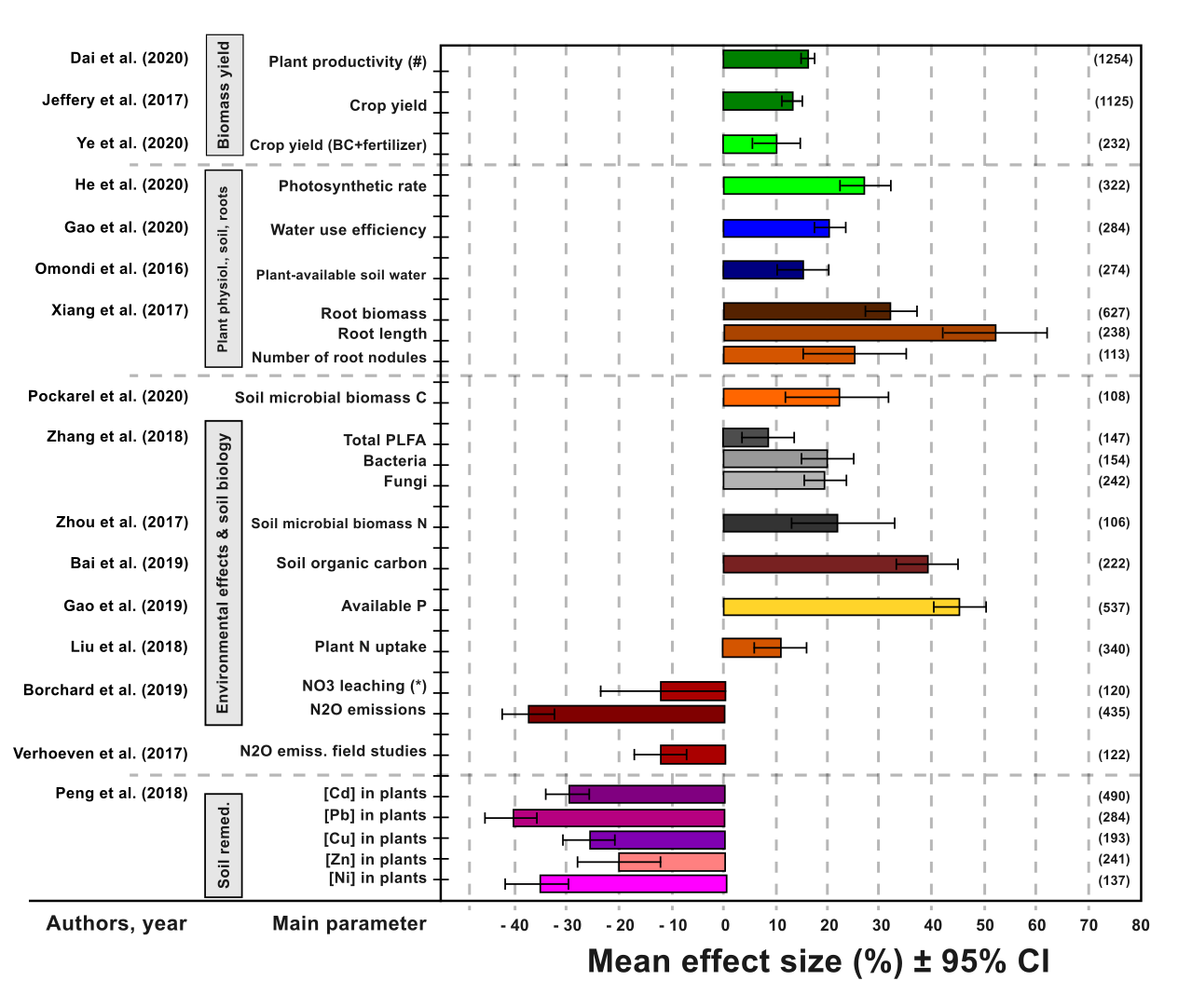
Global Evidence of Biochar Benefits in Agriculture
This graph provides strong scientific backing for using biochar in agriculture. It visually confirms that biochar delivers multi-dimensional benefits, not just for plant growth but also for soil health and climate mitigation.
Source: Schmidt, Hans-Peter & Kammann, Claudia & Hagemann, Nikolas & Leifeld, Jens & Bucheli, Thomas & Sánchez-Monedero, Miguel & Cayuela, Maria Luz. (2021). Biochar in agriculture – A systematic review of 26 global meta‐analyses. GCB Bioenergy. 13. n/a-n/a. 10.1111/gcbb.12889.
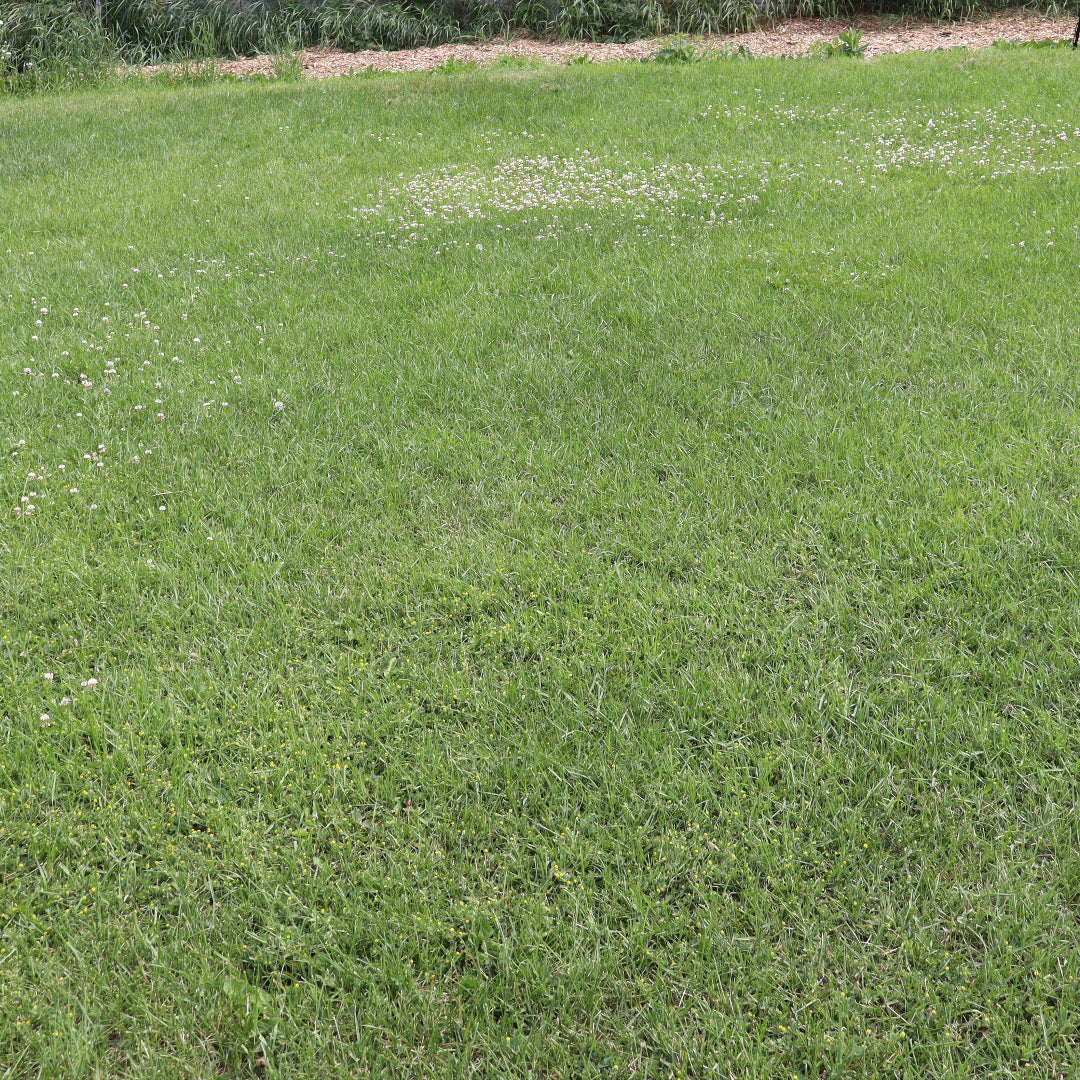
🍃 Real Results: How Biochar Transformed our Lawn
To see a video of the complete study, click this link
In a recent side-by-side lawn study, we treated two identical 1,000 sq ft areas: half fertilizer only and half Fertilizer + Biochar
After the same mowing schedule and environmental conditions, the difference was undeniable:
✅ 3x More Grass Clippings
The Biochar-treated lawn produced 300% more clippings, meaning denser, thicker foliage and stronger root systems. This isn’t just more grass — it’s healthier, more resilient growth.
🌿 Greener, Lusher Grass
The biochar lawn stayed visibly greener, even during dry spells. No more dull or patchy turf.
🚫 No Brown Spots
Where the fertilizer-only lawn struggled with brown patches, the biochar lawn thrived. Uniform color and coverage made the difference obvious — even from a distance.
🌸 Clover in Full Bloom
Even clover plants in the biochar area flourished, showing enhanced soil fertility and plant vitality.
Why This Matters for You
If you want a lawn that looks better, grows stronger, and resists drought — biochar is your best-kept secret. It doesn’t just feed your grass, it upgrades your soil. Add it once, and enjoy long-term performance.
✅ Boosts water and nutrient retention
✅ Reduces the need for constant fertilizing
✅ Works great with existing fertilizer
✅ Perfect for drought-prone summers
Source: Silvachar. Study performed at Kevin Smith's backyard.

🌱 Alfalfa + Biochar: Key Benefits
Biochar helps alfalfa plants retain more water, absorb nutrients better, and grow stronger roots, ll of which support better performance and yield, especially in challenging environments.
+29.8% leaf moisture
+20.4% root moisture
Better water retention for drought resistance
+39.6% iron (Fe) in roots
+20.2% strontium (Sr) in roots
+5.9% potassium (K) in roots
Stronger nutrient uptake and root health
+10.4% root ash content
Higher mineral concentration
Overall: Biochar boosted moisture, minerals, and root performance — key for healthier, more productive alfalfa.
Source: Silvachar field trials conducted in Salmon Arm. Comparison between Biochar + Manure treatments and control plots with no biochar applied.
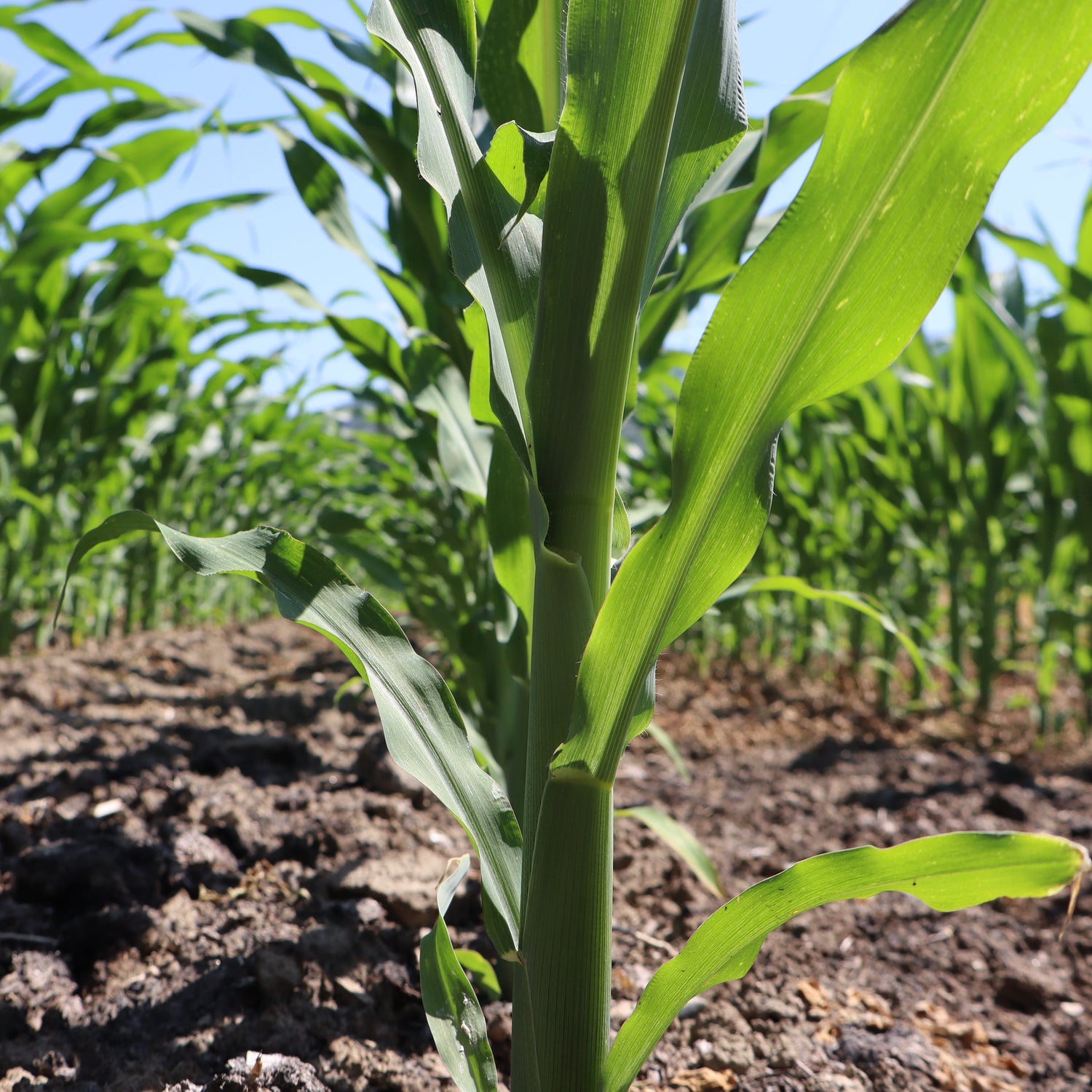
Biochar and Corn🌽
Silvachar performed a trial test in local farms. All biochar-treated plots produced more corn than the control plots with no biochar.
Treated plots yielded up 15% more cobs, compared to control plots.
Cob weight was significantly higher in biochar plots versus lower weights in untreated fields.
Corn stalks grew heavier and more robust with biochar.
Cob length increased with biochar.
Total weight of biochar-treated plants surpassed control plot averages.
Source: Silvachar. Study performed in a farm. 5 plots were treated. 1 plot with 1 ton an acre. 1 plot with 5 tons an acre. q plot with 10 tons an acre. 2 control plots. Corn plantation. Biochar was mixed with manure.

World Implication (for Turf, Golf Courses , Lawns) ⛳
Using fine biochar (<2 mm) in sandy soil helps grass stay green longer and can cut irrigation by up to 30%.
Fine biochar boosts soil’s ability to hold and store water for plants.
Increases micropores, helping soil retain both air and moisture.
Lowers bulk density and slows drainage, so roots access water longer.
Enhances the mix of solids, liquids, and gases for better soil health.
Too much ultra-fine biochar can reduce air flow—apply wisely.
Source: Abdulaziz G. Alghamdi, Arafat Alkhasha, Hesham M. Ibrahim, Effect of biochar particle size on water retention and availability in a sandy loam soil, Journal of Saudi Chemical Society, Volume 24, Issue 12, 2020, Pages 1042-1050, ISSN 1319-6103, https://doi.org/10.1016/j.jscs.2020.11.003.
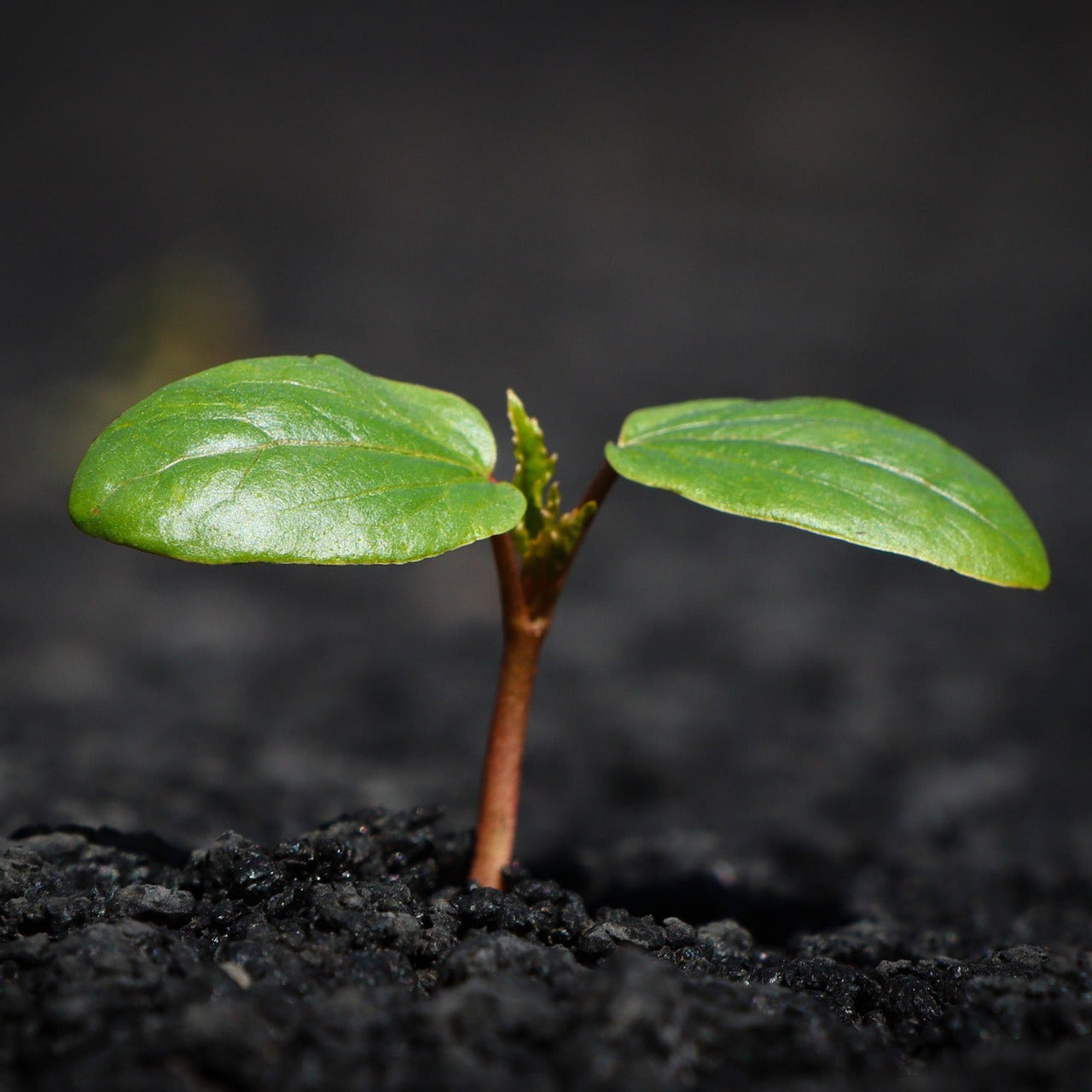
Biochar effects on Soil 🌱🌻
Study: The role of Biochar in improving soil properties, water retention, and potato yield in a Fluvisol under temperate monsoon climate
Amending soil with biochar, specifically a 1:1 mix of animal manure and slaughterhouse waste biochar at 2% by weight, led to significant improvements in soil structure and productivity.
1. Improvements:
• Bulk density reduction: 18–22%
• Porosity increase: 16–18%
• Water content retention improvement: 100–400% over 1–5 days
2. When combined with full mineral fertilizer, the treatment improved:
• Potato yields by 219%–340% 🥔
• Water use efficiency (WUE) by 109%–149% 💧
• Nutrient uptake efficiency by 59%–163% 🌾
These results suggest biochar enhances soil's physical and hydraulic properties and can be a valuable tool for sustainable agriculture, especially in systems using organic waste. However, the benefits may diminish over time, so long-term monitoring is recommended.
Source: Kassu Tadesse Kassaye, Julien Boulange, Soboda Kurebito, Takeo Tokunari, Hirotaka Saito, Hirozumi Watanabe. The role of biochar in improving soil properties, water retention and potato yield in a Fluvisol under temperate monsoon climate. Soil use and management, British society of soil science. 25 October 2021, https://doi.org/10.1111/sum.12769
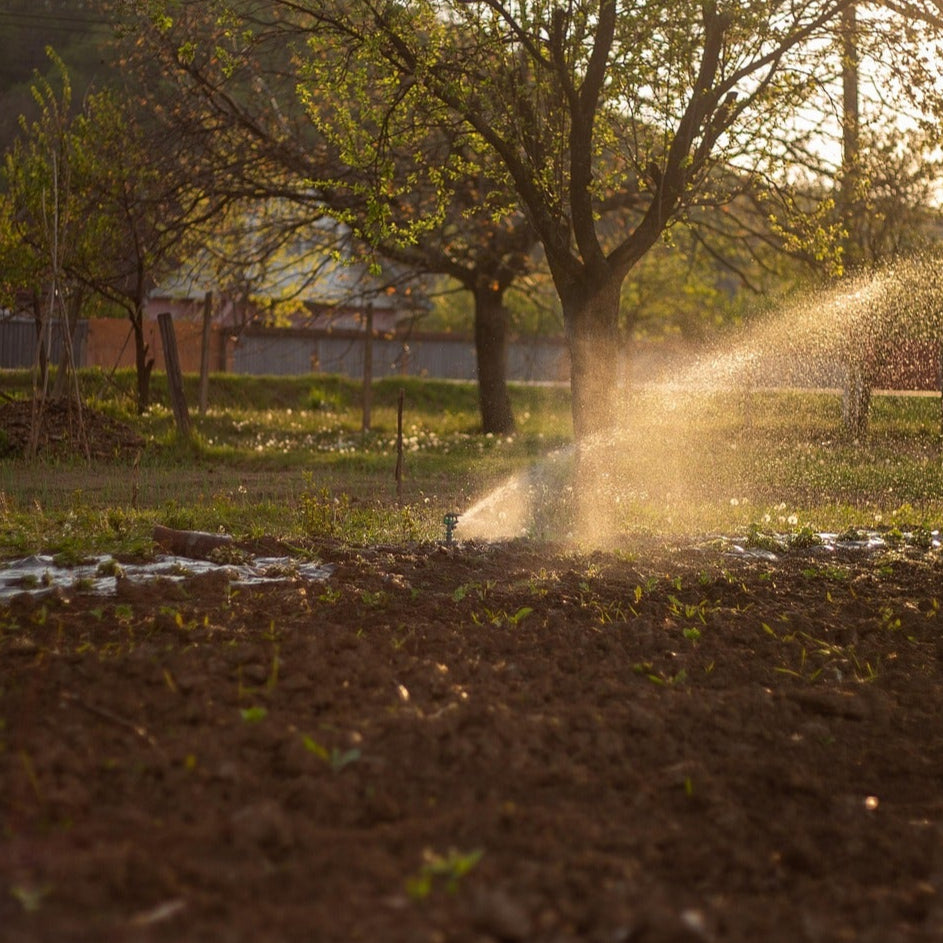
Water cost savings from soil biochar amendment: A spatial analysis.
Biochar and Water Holding Capacity (WHC) Across U.S. Soil Textures
• Soil texture is a key factor in how much biochar improves water holding capacity (WHC).
• Sandy soils, especially those with high sand content, benefit the most from biochar application.
• The most favorable U.S. regions for biochar use are northern, northeastern, southeastern, and western counties with sandy soils.
• Biochar properties like particle size, feedstock, and application rate also significantly influence WHC improvement.
• A preliminary framework is provided for estimating irrigation cost savings from biochar-enhanced WHC.
Source: Kroeger JE, Pourhashem G, Medlock KB, Masiello CA. Water cost savings from soil biochar amendment: A spatial analysis. GCB Bioenergy. 2020; 13: 133–142. https://doi.org/10.1111/gcbb.12765
Do you want to enjoy this benefits?
Get some Biochar today!
Free shipping* within Canada 🍁
*In orders over $39
-
0.5L Biochar Bag for house plants
Regular price $8.50 CADRegular priceUnit price / per$9.90 CADSale price $8.50 CADSale -
5 PACK Biochar Bags - Perfect for house plants and small gardens.
Regular price $39.50 CADRegular priceUnit price / per$49.90 CADSale price $39.50 CADSale -
10 PACK Biochar Bags - Perfect for house plants and small gardens.
Regular price $74.90 CADRegular priceUnit price / per$89.00 CADSale price $74.90 CADSale -
10 L Biochar 2~6 mm Bucket for Gardens
Regular price $69.50 CADRegular priceUnit price / per$79.50 CADSale price $69.50 CADSale -
10 L Biochar <2 mm Bucket for Gardens and Lawns - 30% more Biochar
Regular price $75.00 CADRegular priceUnit price / per$85.00 CADSale price $75.00 CADSale





